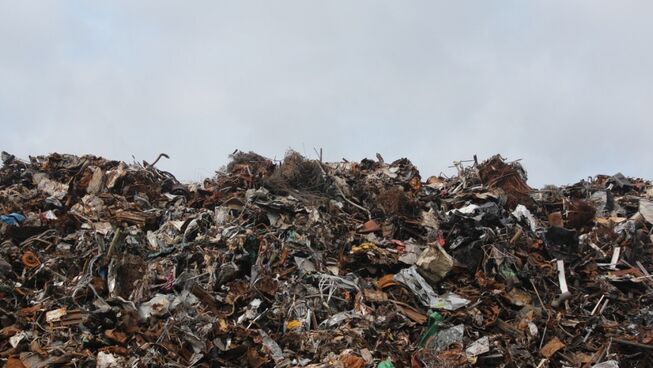Ep 148: How can we have a sustainable Christmas?
Our world faces many environmental and sustainability challenges and these are heightened by the consumption and waste generated at Christmas time. Is Christmas sustainable? We explore consumption excess and finding something bigger this Christmas.
Our guest: Dr. Ian Barns worked at the School of Sustainability at Murdoch University in Perth for over 20 years and taught courses covering the social, political and cultural aspects of science, technology and sustainability. He has published in a range of academic journals and co-authored two books.
Ian, you worked for many years for the school of sustainability - what exactly does that mean? Is it about pacing yourself, taking rest and developing sustainable work practices?
Smaller Questions
Ian, I thought we’d test you on how much you know about how much we consume at Christmas.
Sustainability challenges at Christmas
So it seems that Christmas generates a huge amount of waste - millions of tonnes of wasted food, countless unwanted presents, and these are just the figures for Australia. So the waste generated around the world at Christmas is colossal - so is this really sustainable?
Why is there so much waste?
Doesn’t celebration necessarily mean excess?
But is sustainability the enemy of Christmas? A form of the Christmas grinch? Sustainability experts are intent on ending joy in our world?
Now we do ask the bigger questions here - and perhaps we need to ask the big question of whether Christmas itself the problem? Perhaps Christmas itself isn’t sustainable? No matter what we try to do - it will always lead to some form of excess - so should we just give up on Christmas altogether?
Commenting on Christmas consumption, academic from Deakin Business School Paul Harrison wrote, “many of us buy and consume things as a substitute for what’s missing in our lives.”. To what extent to you think this is true?
The Bible’s answer - appropriate joy
Gift
Perhaps the Christian message shares some of the blame for the consumerist attitudes at Christmas. One of the inspirations for the tradition of gift giving at Christmas comes from the Magi of the Bible, recorded in the book of Matthew, presenting gifts to the baby Jesus - as it says in Matthew 2:11, that they “opened their treasures and presented him with gifts of gold, frankincense and myrrh.”
So aren’t the Magi cultivating and encouraging a consumerist mentality - by giving children expensive gifts?
How can considering material possessions as a gift change our approach to something like Christmas?
Joy
Perhaps a motivation for the gift giving of the Magi giving their gifts is found in was joy, it says in Matthew 2, verse 10, that when they saw the star they were overjoyed and then when they saw the child with his mother Mary, they bowed down and worshipped him.
Why do you think these Magi, these foreign wise men, were overjoyed at that first Christmas?
Can a consumerist Christmas challenge the joy of Christmas?
Does thinking about sustainability take the joy out of Christmas?
The Bible’s answer - an alternative vision of materialism
Jesus offers an alternative vision to consumerism later in the book of Matthew, in chapter 6:25 where Jesus says,
“Therefore I tell you, do not worry about your life, what you will eat or drink; or about your body, what you will wear. Is not life more than food, and the body more than clothes?
How is this vision attractive?
The Big Question
So Ian, how can we have a sustainable Christmas?






